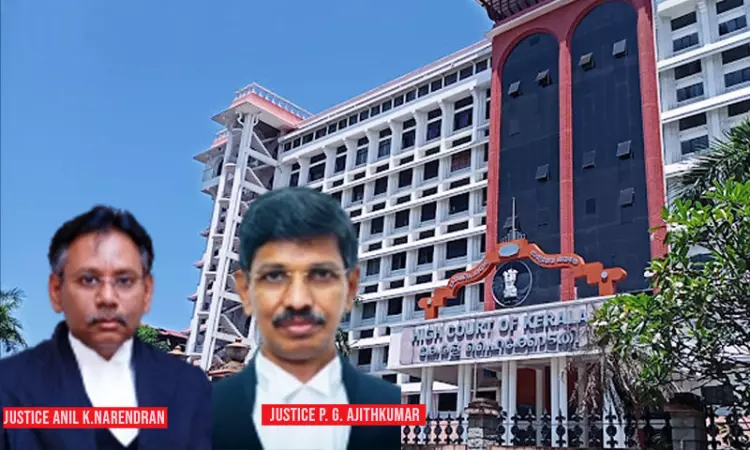Every Unmarried Daughter Has Right To Get Reasonable Marriage Expenses From Her Father Irrespective Of Religion: Kerala High Court
Navya Benny
18 April 2023 1:02 PM IST

Next Story
18 April 2023 1:02 PM IST
The Kerala High Court recently considered the question as to whether there is a provision entitling a Christian daughter to realize marriage expenses from the immovable property of her father or the profits therefrom, and answered the same in the affirmative. The Division Bench comprising Justice Anil K. Narendran and Justice P.G. Ajithkumar perused the provisions of the Hindu Adoptions...
